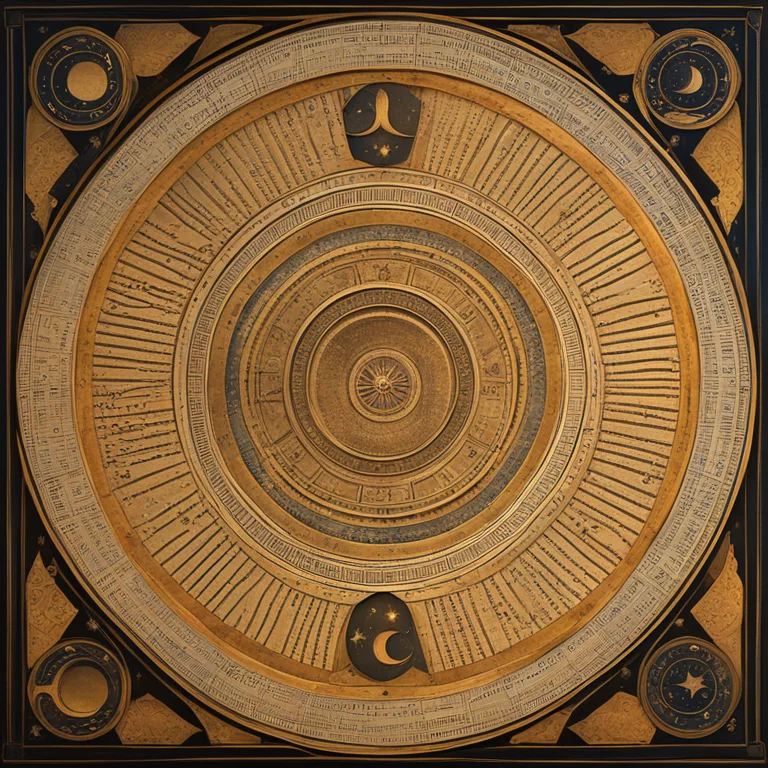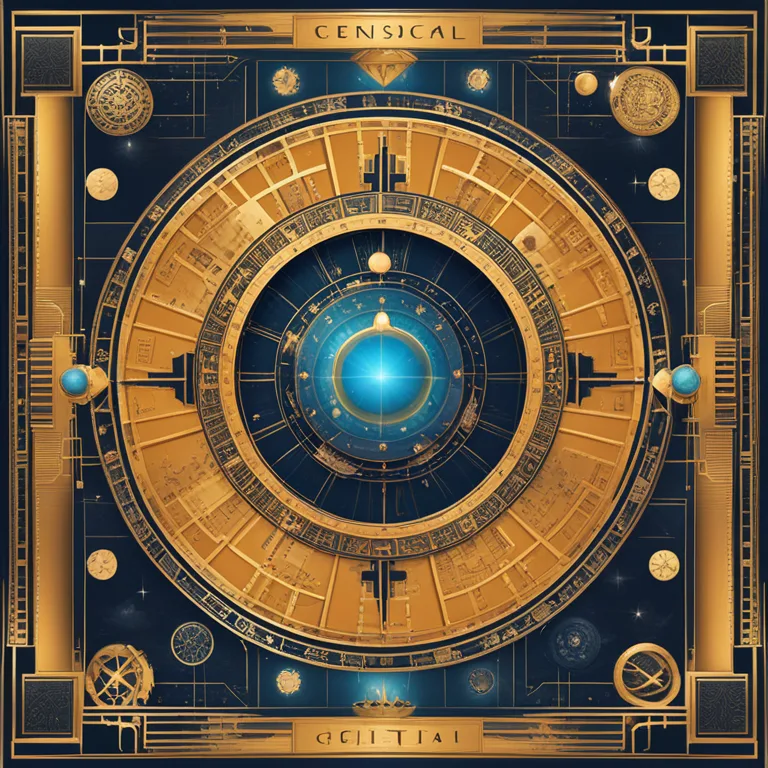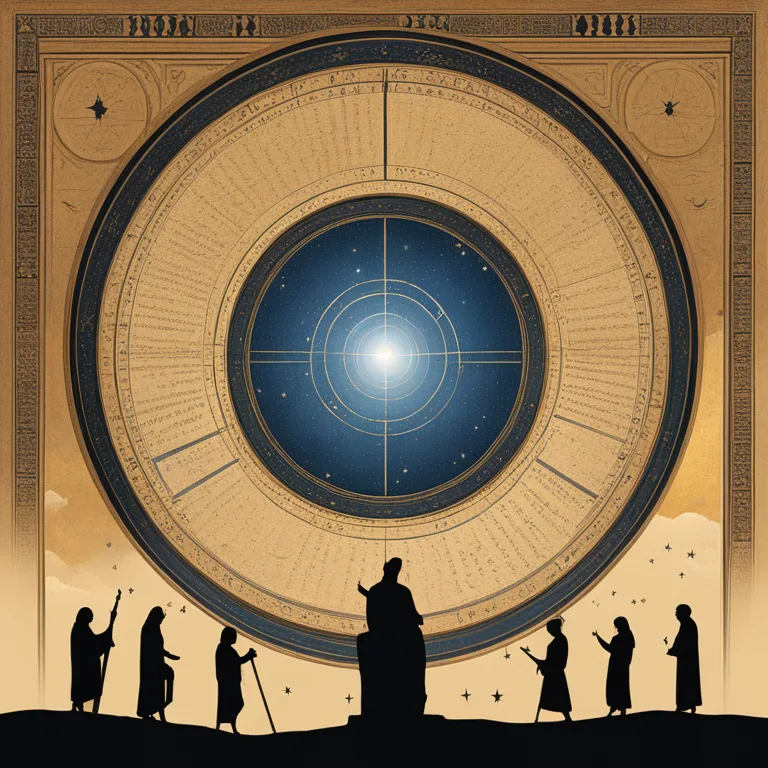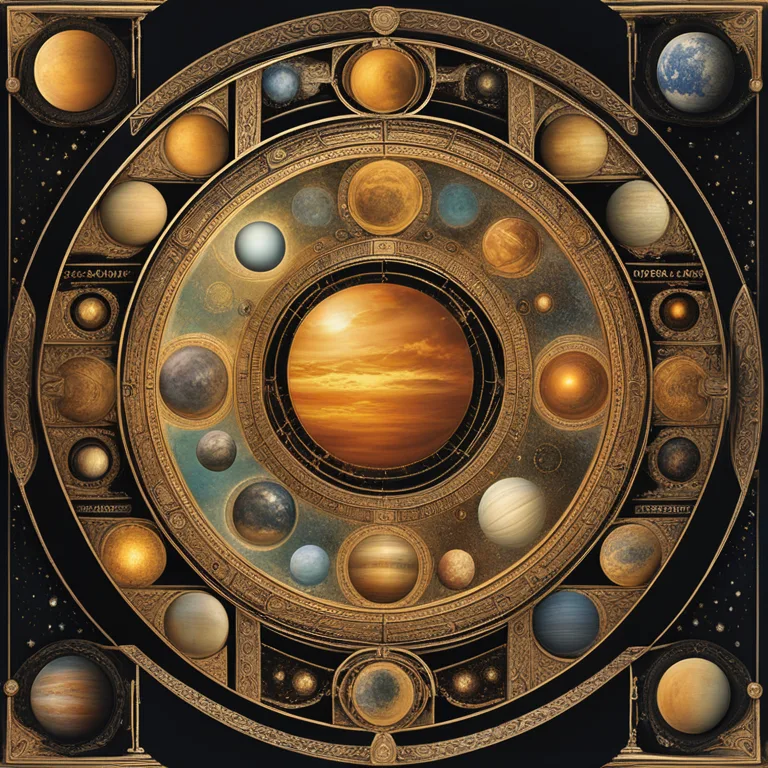
The Roots of Astrology: A Journey Through Words
Delve into the linguistic origins of astrology to understand how ancient words shape our cosmic perceptions in this etymologically focused article.
article by Priya Deshmukh
Astrology's Ancient Lexicon
Astrology, a practice as old as civilization itself, is steeped in a rich linguistic history. The very word 'astrology' comes from the Greek 'astrologia,' a compound of 'astron', meaning 'star', and 'logia', translating to 'the study of.' This etymological foundation establishes astrology firmly as the study of the stars, a concept that has intrigued humans since time immemorial. The practice has encompassed not just the observation of celestial bodies but also the belief in their influence on human affairs.

The Constellations of Language
Understanding the word's roots provides insight into how astrology was perceived by the ancients. The Greeks, who were instrumental in the development of astrological thought, inherited much of their celestial knowledge from the Babylonians. Thus, 'astrologia' merged the empirical study of 'astronomy' and the interpretative art of divining meaning from the stars, rooting astrology equally in the scientific and the mystic realms.

The Planets and Their Namesakes
Even the names of planets resonate with ancient mythologies, further illustrating the intertwining of astrology with cultural lore. From the Roman gods, we inherit names like Mars, Venus, and Jupiter, each embodying characteristics attributed both to the deity and the cosmic body. As modern astrology looks to the planets for insight, it is in essence engaging in a dialogue started thousands of years ago, when these celestial names were first uttered.

Horoscopes: Mapping the Future
In 2024, horoscopes continue to play a significant role in the astrological tradition. Derived from the Greek 'horoskopos,' meaning 'observer of the hour,' horoscopes are astrological charts that represent the positions of the Sun, Moon, planets, and astrological aspects at specific moments in time. This ancient practice has evolved with technology, yet it remains rooted in the desire to find meaning in the cosmos that relate to personal experiences and the flow of time.

Biorhythms and Cosmic Cycles
The concept of biorhythms, while seemingly modern, also echoes the astrological fascination with cycles and patterns. These physiological cycles were conceptualized as being in sync with natural rhythms of the universe, suggesting that the microcosm of human life is a reflection of the macrocosm. As we calculate biorhythms for guidance in 2024, we honor a lineage of seeking harmony between the celestial and terrestrial realms.
Compatibility: Star-Crossed Interpretations
Compatibility studies in astrology draw upon the notion that celestial phenomena mirror human relationships. This has been part of astrological tradition since its inception, with the ancient practice of comparing natal charts, or 'synastry.' The belief that the stars can guide us in forming and understanding relationships continues to be a popular facet of astrology in 2024, as individuals seek cosmic insight into their personal connections.
Published: 12/29/2023
Modified: 12/29/2023
More predictions
Come back here soon to learn more about yourself and your future


The Cosmic Dance of Astrology in Love
Discover how astrology influences romantic relationships, and what the stars say about love compatibility in the modern era.


Love Compatibility Through Astrology
Discover how astrology guides love compatibility, building deeper connections using the stars' wisdom.


The Astrological Almanac of Zodiac Signs
Delve into the cosmic influence of astrology and zodiac signs. Learn how celestial alignments guide personalities, futures, and relationships.